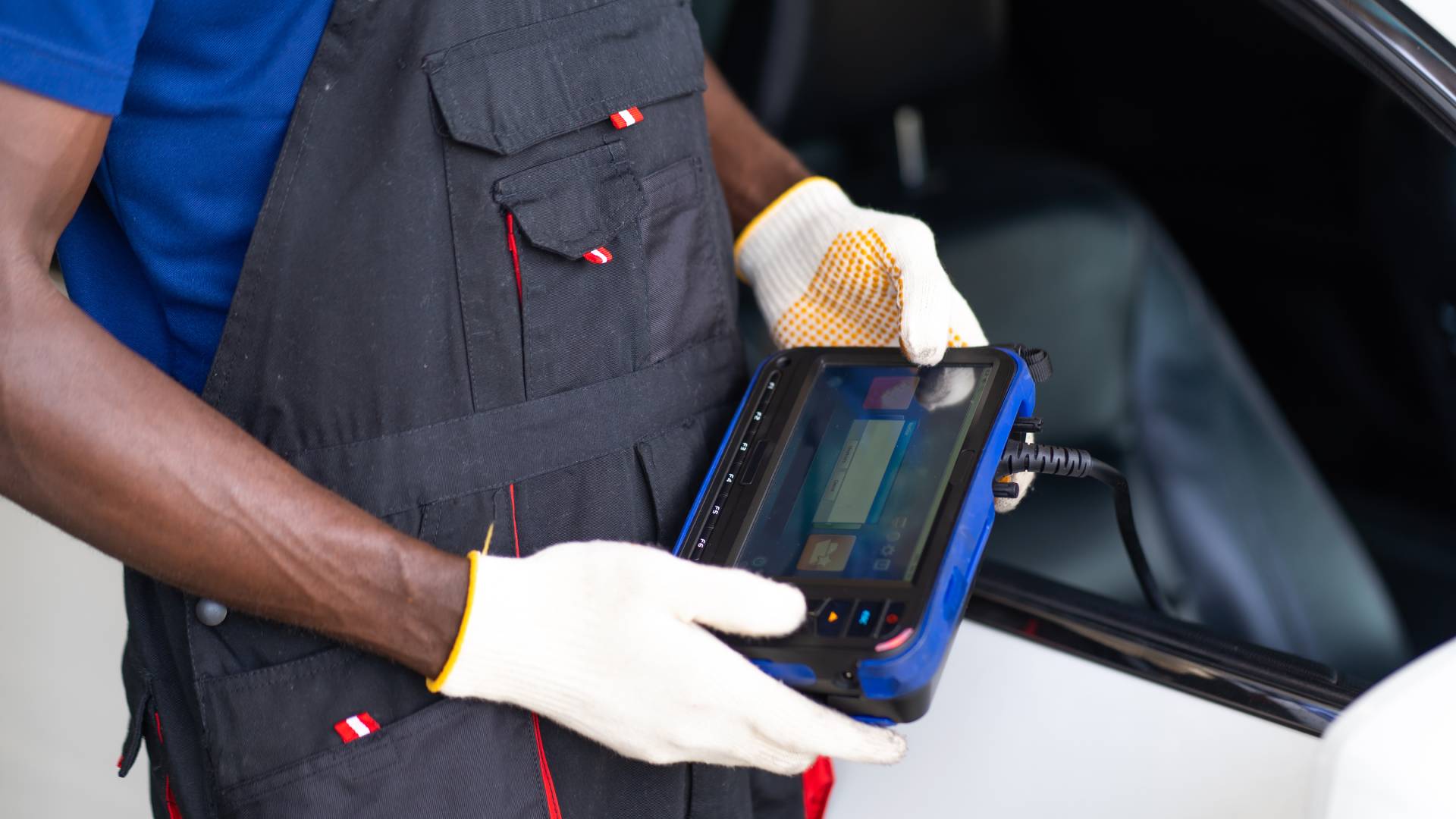Everything You Need To Know About PCM Connectors

PCM connectors play a role in helping modern automotive systems operate seamlessly. These connectors are part of the powertrain control module system, linking the module to various vehicle sensors and enabling smooth communication and functionality—but more on that later. Here, we will break down everything you need to know about PCM connectors, from their design to their significance in the world of automotive technology.
What Are PCM Connectors?
PCM connectors serve as the interface between the engine control unit (ECU) and the sensors embedded throughout your car. These connectors transmit vital information like temperature, pressure, and airflow data, guaranteeing the engine functions efficiently. Without PCM connectors, your vehicle’s powertrain control module would be unable to make the precise calculations needed for optimal performance. These automotive connectors can adapt to various applications, helping them meet the diverse needs of modern vehicles.
Why Are PCM Connectors Important?
PCM connectors ensure accurate communication between the electronic modules in your car. When properly installed and maintained, they prevent miscommunication that could lead to performance issues such as poor fuel efficiency or engine malfunctions. They are designed to withstand harsh conditions, including extreme temperatures, vibrations, and exposure to moisture. Their durability safeguards critical data transmission even in demanding environments.
Types of PCM Connectors
PCM connectors come in a variety of forms tailored to different automotive applications. Some designs are simple, featuring a few pins to connect components, while others are more complex, housing numerous pins that manage larger systems. This variability facilitates compatibility with specific vehicle brands and systems. Certain connectors use unique materials and designs to meet the rigorous demands of electric or hybrid vehicles.
How To Maintain PCM Connectors
Proper maintenance of PCM connectors can extend their lifespan and boost your car’s performance. Inspect them regularly for signs of wear, corrosion, or damage. Use dielectric grease to protect the pins from moisture and debris, and ensure a secure fit to prevent loose connections. Should you encounter issues, consulting a professional mechanic can help identify and resolve problems before they escalate.
Knowing everything about PCM connectors elevates not only your knowledge but also your appreciation for the engineering behind modern cars. These small yet vital components allow advanced communication and precision across your car’s systems. From their robust construction to their customizable designs, PCM connectors remain a crucial element in automotive innovation.








